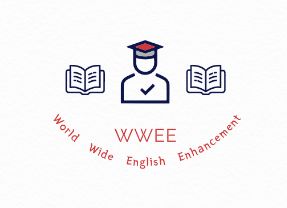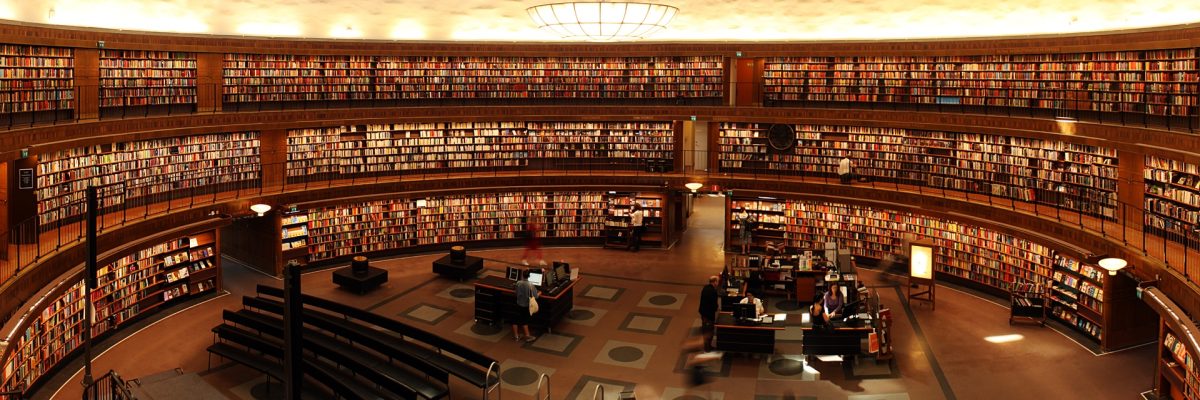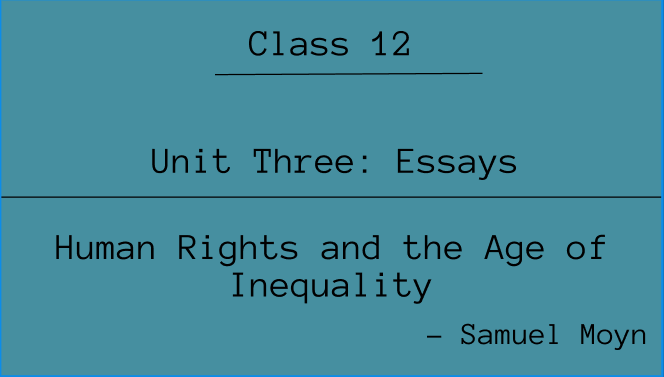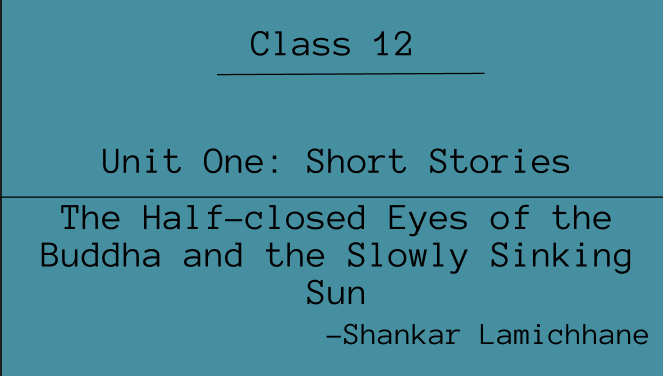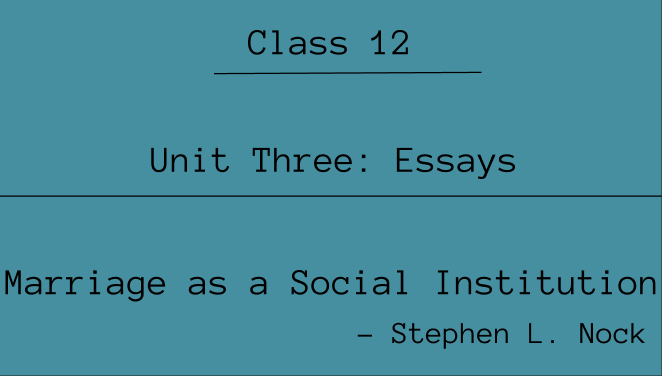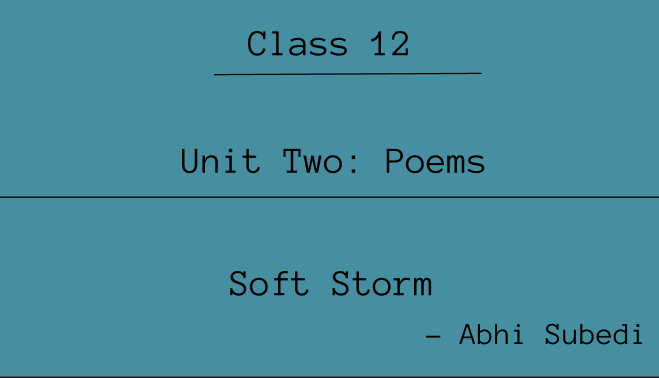The essay “Human Rights and the Age of Inequality” by Samuel Moyn delves into the profound disparity between the pressing issue of egalitarian crisis and the human rights solution, which necessitates not a replacement but a supplement. Moyn astutely observes that the existing human rights regime and movement are ill-equipped to confront global inequalities effectively.
He begins with a compelling parable featuring Croesus, the affluent last king of Lydia, who believed himself to be the happiest person alive and desired the same for his people but hesitated to invest in eradicating their suffering. This narrative mirrors the modern world’s scenario of pervasive inequality despite Human Rights Day celebrations each year.
Moyn draws a parallel between the history of human rights and political economy, highlighting two significant phases: the post-World War II era marked by national welfare states and the subsequent shift of political economy beyond national boundaries. Despite Franklin Roosevelt’s advocacy for socio-economic security in his call for a “Second Bill of Rights,” crucial aspects were overlooked, leading to a partisan division of the world into democratic and communist blocs, exacerbating human rights challenges.
Reflecting on the necessity of a renewed human rights movement, Moyn references Herodotus’ insights on truth and reality, stressing the imperative of redistributing global socioeconomic justice from the affluent to the impoverished. He underscores that without substantial efforts towards fair wealth and resource distribution, enforced by robust governmental policies and supported by extensive radical movements, true freedom and rights for all remain elusive in our Croesus-like world.
In conclusion, Moyn poignantly depicts our shared destiny akin to Croesus’s realm, where the privileged revel in abundance while the marginalized exist in a realm of illusory equality and freedom, emphasizing the urgent need for transformative action in tackling systemic inequalities.
